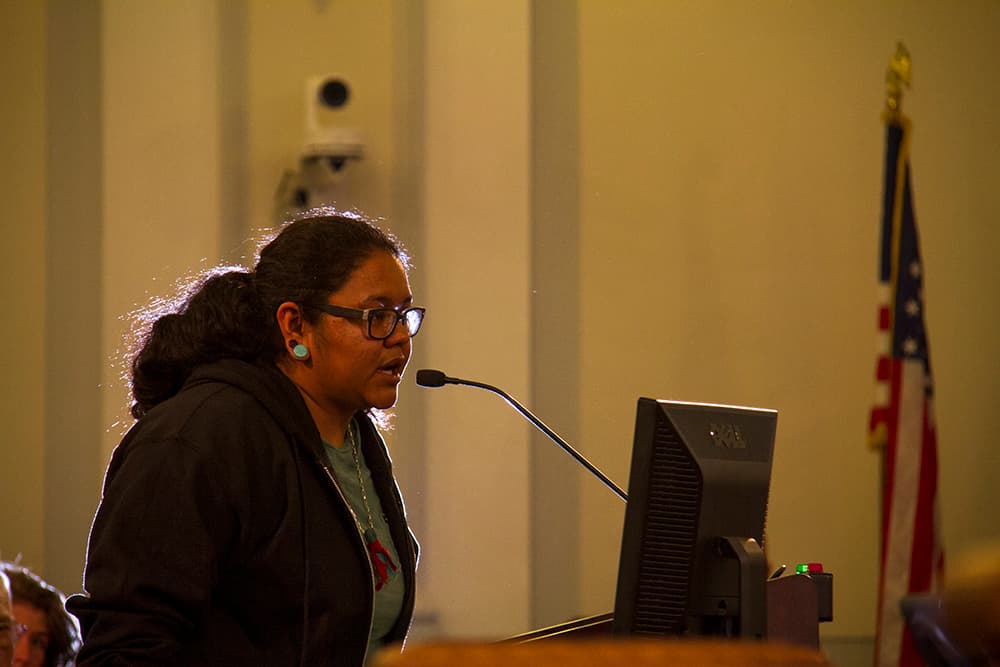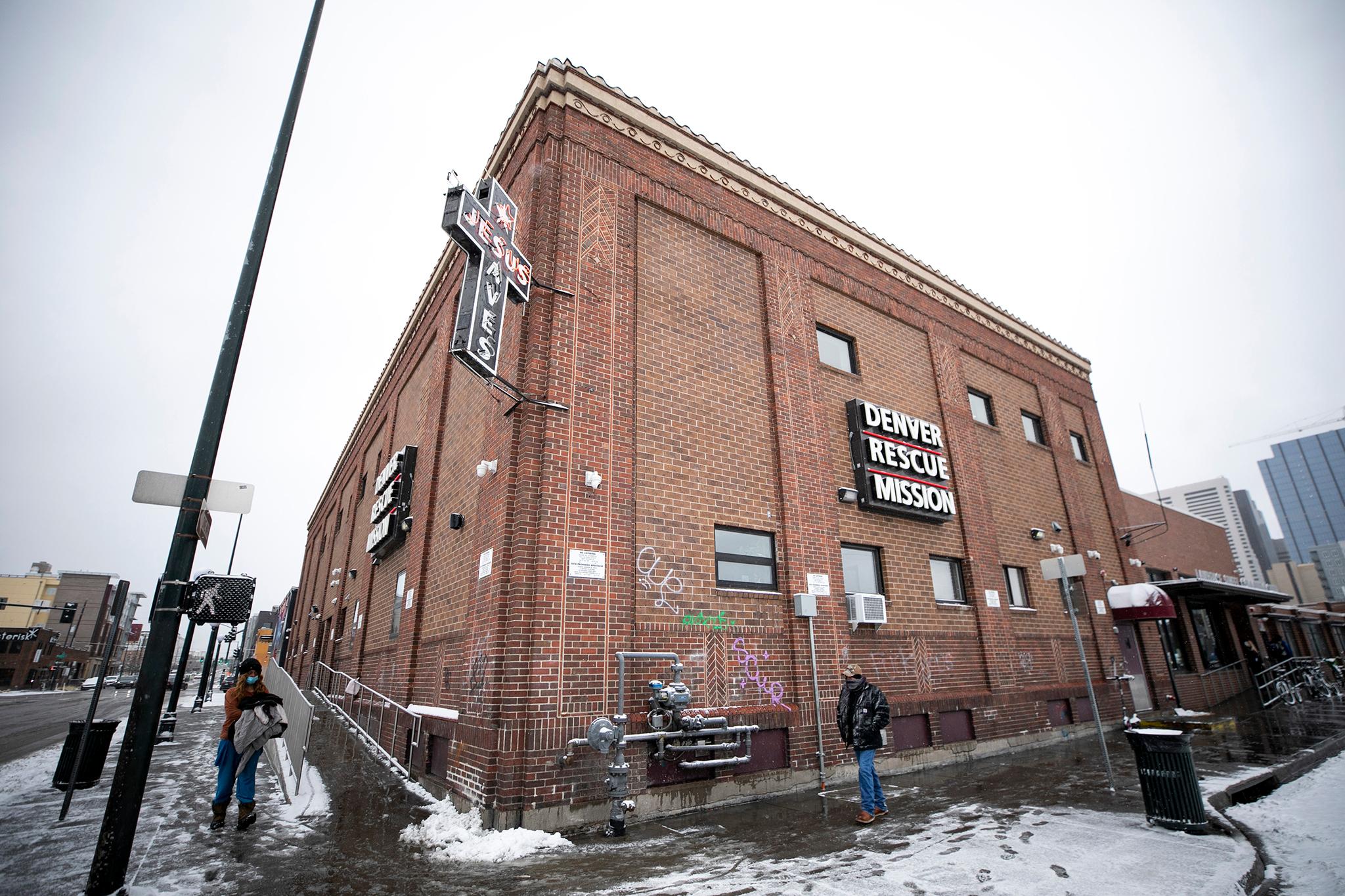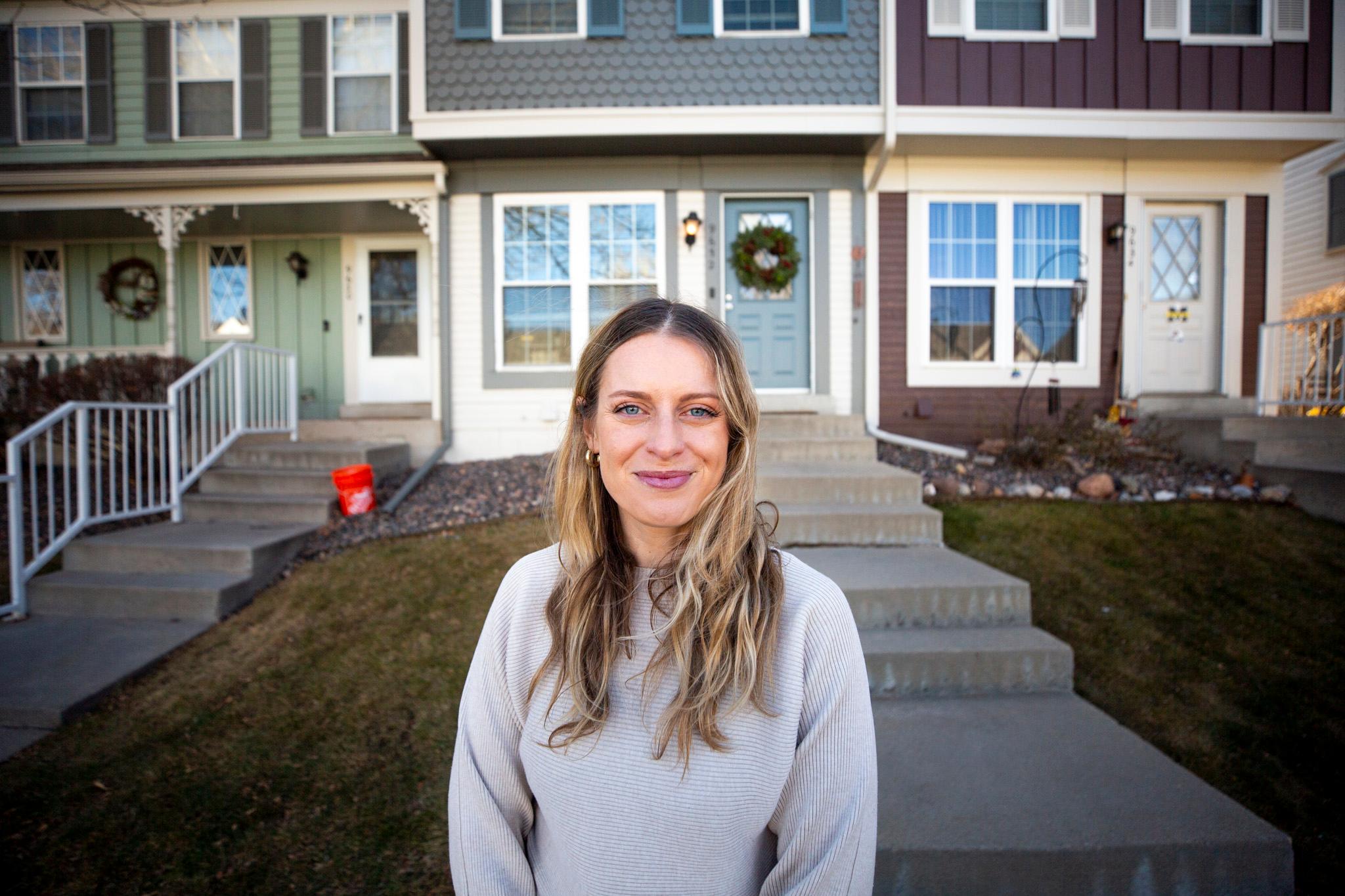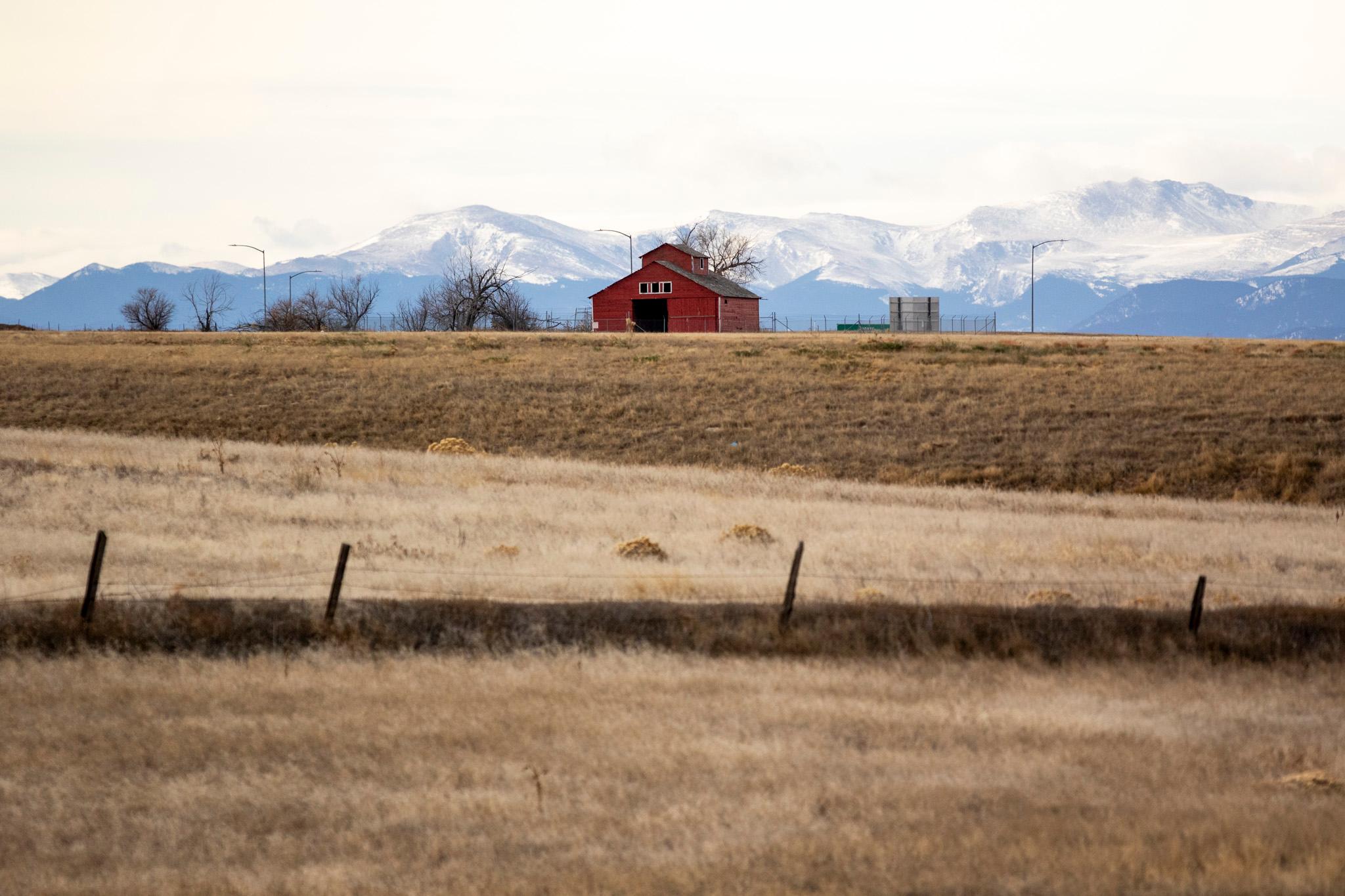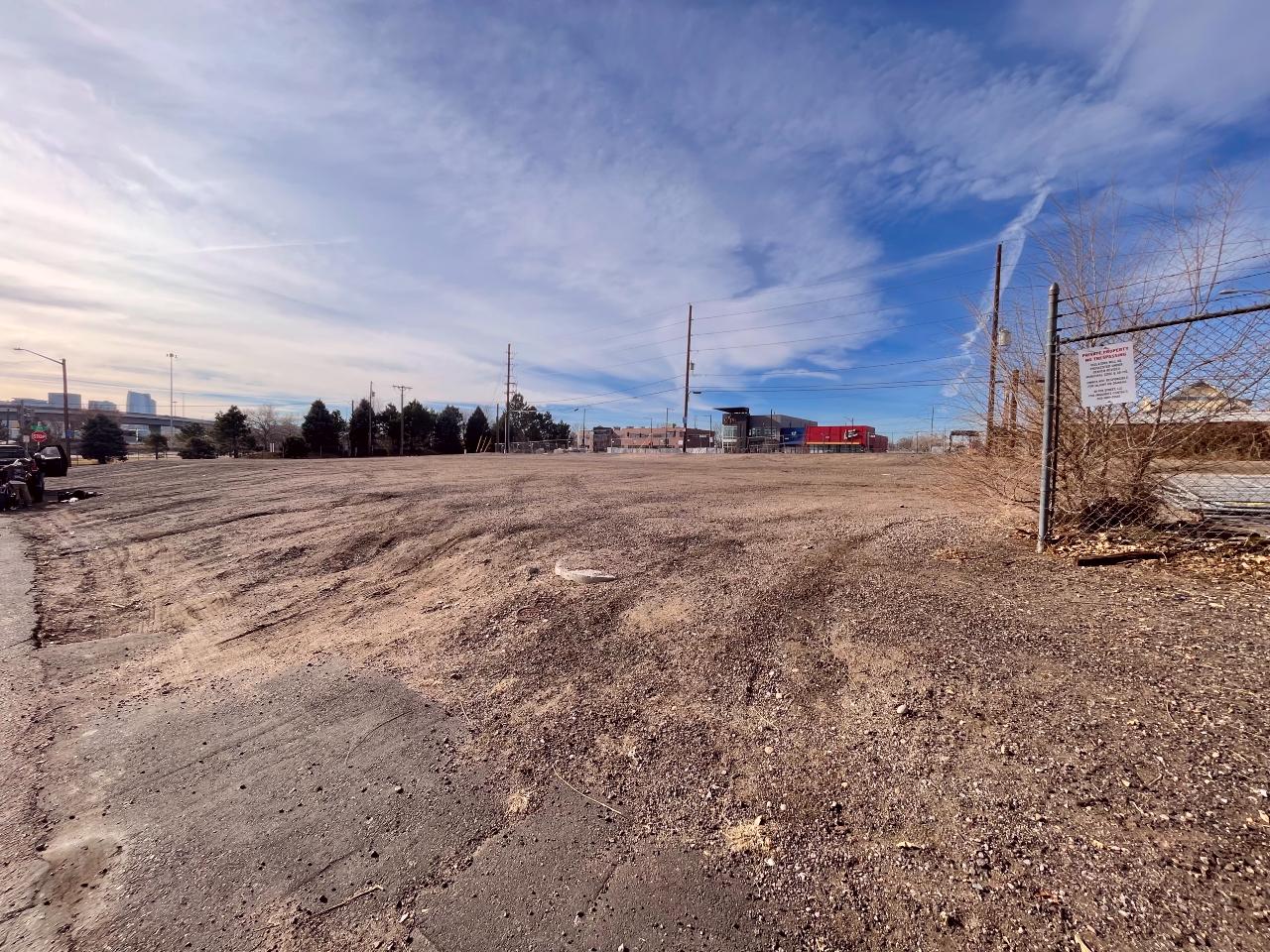
The city of Denver is in conversations about potentially creating a citywide community land trust.
The idea has caught on around the country, with cities and nonprofit organizations moving to buy land that can then be used for affordable housing for decades to come. In Denver, rumors about the potential program have been circulating among housing advocates, and city spokeswoman Julie Smith emphasized that the idea is far from a sure thing.
"We are in the process right now of finalizing the comprehensive housing plan, and it’s likely going to include a recommendation that the city explore the potential uses of a city-scale land trust as a tool to preserve or increase affordable housing stock in the city," she said.
In a community land trust, a community group or government entity buys up land in areas where prices are expected to increase, especially where residents have low incomes. The trust then can enter into long-term land leases with homeowners, either for existing houses or new homes. Rising land values contribute significantly to the cost of housing.
Holding the land in the trust prevents speculation that drives up prices, though it also limits the appreciation of valuethat owners can get for their property.
The draft comprehensive housing plan is due to be released in October and will lay out how the city will spend $150 million affordable housing fund approved by Denver City Council last year.
Portions of Lowry were developed under the community land trust model, and residents of Globeville and Elyria-Swansea want to try the idea there on a smaller scale as well. GES Coalition Organizing for Health and Housing Justice wants to raise at least $2 million to help current residents stay in the area amid massive redevelopment and infrastructure projects.
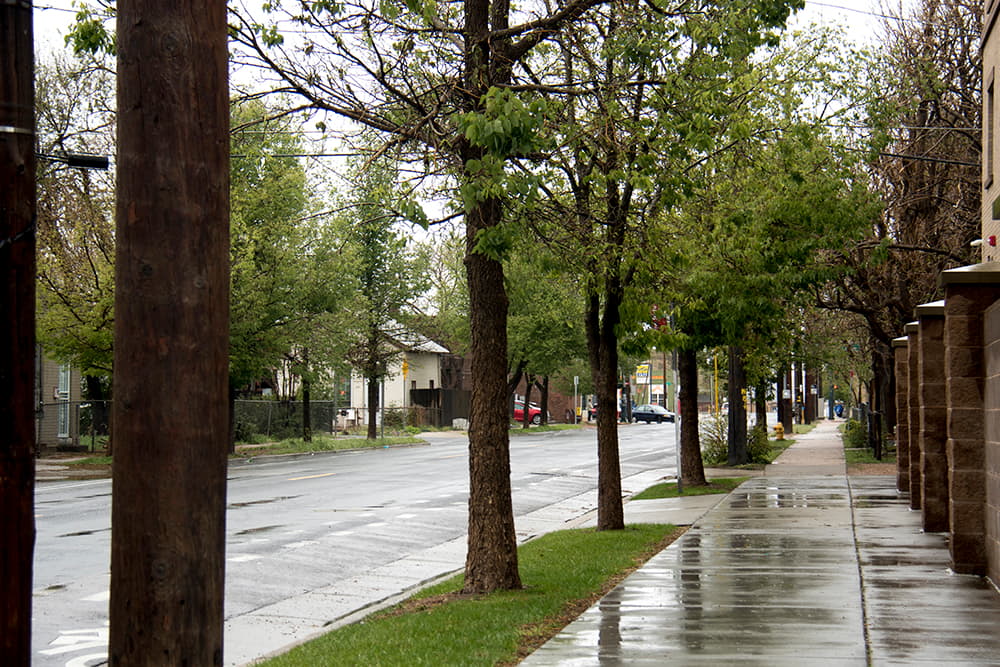
The GES Coalition is seeking money from the city's housing plan, which will spend about $150 million over 10 years -- but the draft plan does not grant that funding, according to Smith. That could change before the final recommendation is presented next month, but the focus right now is on citywide efforts, Smith said.
The city's been thinking about this stuff for a little while. The Office of Economic Development planned to research "land trust models to support affordable, for-sale housing in target neighborhoods," according to its 2017 strategic plan.
Jane Harrington of the Colorado Community Land Trust, which developed and manages homes in Lowry, said she understood that the city was looking into the idea of a large fund for land purchases.
"I know the city is looking at instead of having a whole series of little ones, that a larger one that could work over the whole city could be more efficient," Harrington said.
Earlier this summer, when GES residents presented their vision for a community land trust to a City Council committee, Harrington said she had been approached by residents of other neighborhoods interested in doing the same thing.
Nola Miguel, director of the GES Coalition, said residents there want the ability to set policy and run their land trust in accordance with a community vision. If the city pursues a broader plan, Miguel said she hopes it includes room for local differences. Some neighborhoods might not want the responsibility of managing a land trust and would be happy to let the city be the landowner, while others might want more control.
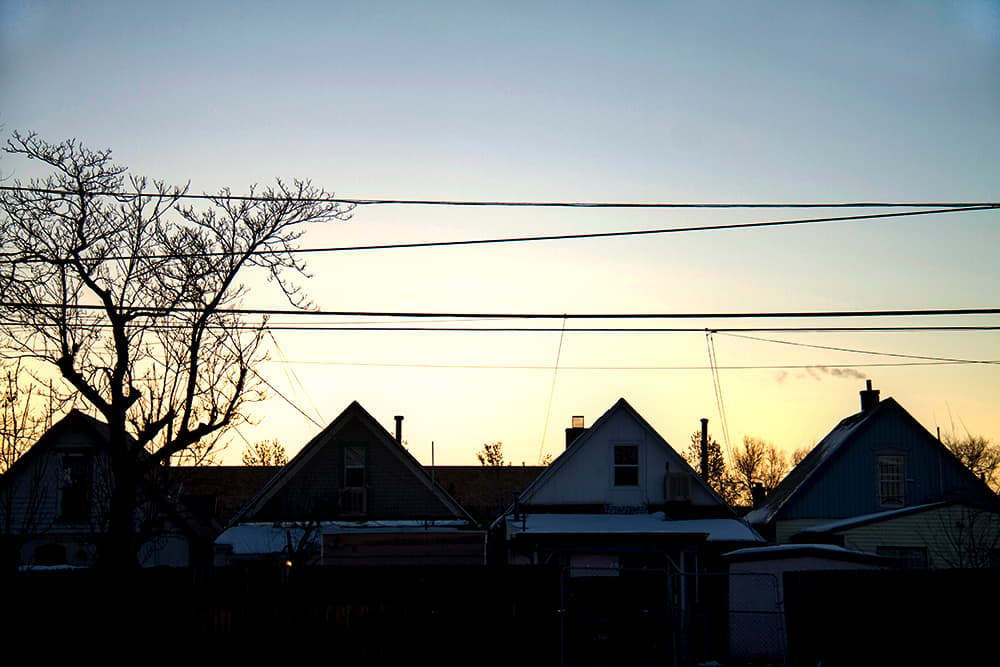
Brad Segal, an urban planner and housing advocate, said that a land trust could be an effective way for the city to safeguard certain property against further price hikes.
"Land trusts are a pretty powerful idea. They’ve been used effectively in other cities to lock in land and property," he said. "Part of the affordable housing dilemma is that prices are increasing so quickly that ... it makes it unattainable to have an affordable rent or property."
Smith said that a land trust would require some external funding.
"Certainly, any partnership would need to include a funder. Some entities have come to us, but I don’t want to get into the specifics," she said.
The city also has to wrestle with the question of whether -- and whom -- this program might actually help. In the typical model, homeowners do not own the land beneath their houses, which limits their equity, a key element in building wealth.
"We want to be extremely thoughtful about how we approach the land trust. We want to make sure that homeowners ... understand what they’re getting involved in," Smith said. The city is considering how to maximize participants' ability to build equity, she said.
Right now, the question of the land trust is in front of the Housing Advisory Committee, which is made up of a mix of people involved in various parts of the housing ecosystem.
It's possible that the committee will strike the idea from their draft suggestion. Even if it's approved, the plan would only set in motion the process of creating the trust.
Erica Meltzer contributed to this report.

